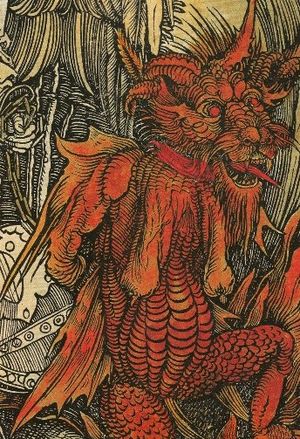In this brief post, I will present 3 important examples of the impact of Christianity in the United States that the contemporary Christian right does not want you to remember. I have selected these examples out of many possible choices because they represent important chapters in American history in which secular Americans played a role. In addition, they can be validated from newspaper articles, books, and sermons (yes, sermons) published at the time each event was happening. Thus, they each help to highlight that much of the revisionist history presented by the modern Christian right is ludicrous.
1. The majority of American Christians opposed the abolition of slavery, defended it as the will of their god, and justified it with their bible.
The more conservative they were in their Christian beliefs, the stronger was their opposition to abolition. What does that tell us? Do you think it might reveal something about Christianity, or at least conservative Christianity? I'd say so.
2. The majority of American Christians opposed suffrage.
Again, they used their bibles to argue that women should not have the right to vote. And again, the more conservative they were in their religious beliefs, the more vehement their opposition. A pattern is emerging here.
